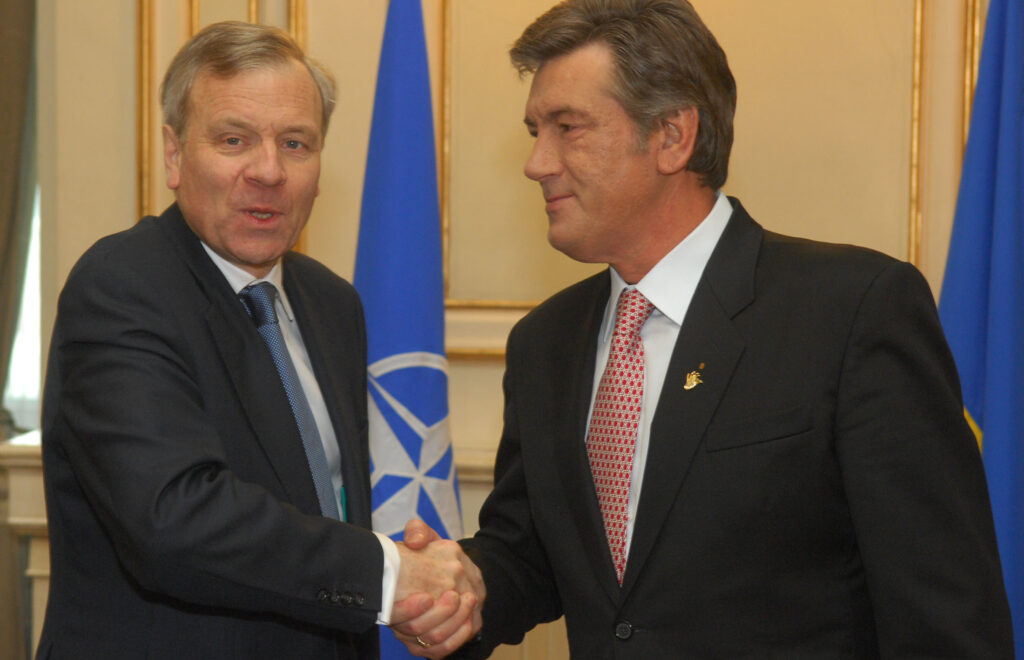Ukrainians’ complicated embrace of NATO
During the Cold War, there was often a risk that tensions could escalate into a “Third World War”. The presence of nuclear weapons on both sides of the confrontation, led by the United States and the Soviet Union, respectively, as well as the creation of NATO in 1949 and the Warsaw Pact in 1955, were meant to act as deterrents to this escalation and successfully avoid direct confrontation.
November 19, 2023 - Oleksii Lionchuk




































